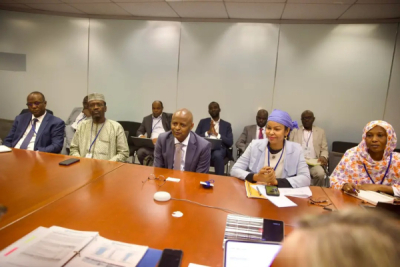Internet is nowadays considered an essential tool for most of our daily activities. The service, which demonstrated its importance during the Covid-19 crisis, is also considered a threat depending on the context in which it is used.
Fixed and mobile Internet connections were severely disrupted throughout Algeria on Sunday, June 11, because of the 2023 baccalaureate exam. Social networks, instant messaging, and certain websites were blocked to prevent fraud during the exam.
The disruptions are set to continue till the end of the exam, on June 15. It is a government decision that follows previous years’ pattern when the government cut internet access on exam days and exam sessions.
Internet disruptions affect more than 49.45 million fixed and mobile subscribers (according to the latest figures from the telecom regulator ARPCE). This represents 91.31% of all internet users in the country where the service is essential for cabs, delivery drivers, restaurants, online clothing stores, etc.
In Algeria, the baccalaureate exam period is always a frustrating time, with Internet access restrictions and the resulting disruption to business activities. This is because the government has taken the radical decision to limit access after several unsuccessful attempts to prevent exam malpractices. Years earlier, the government had tried less radical measures such as electronic jammers installed in examination centers to prevent candidates from accessing the Internet.
In the diaspora, some wonder whether an outright cut is the best way to go. For them, a thorough search of candidates to detect wireless communication devices before allowing them in exam rooms and sector jammers might be more than enough.
Samira Njoya



















